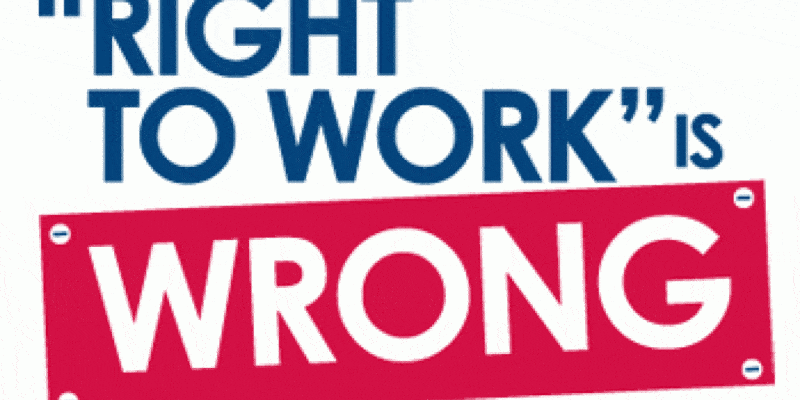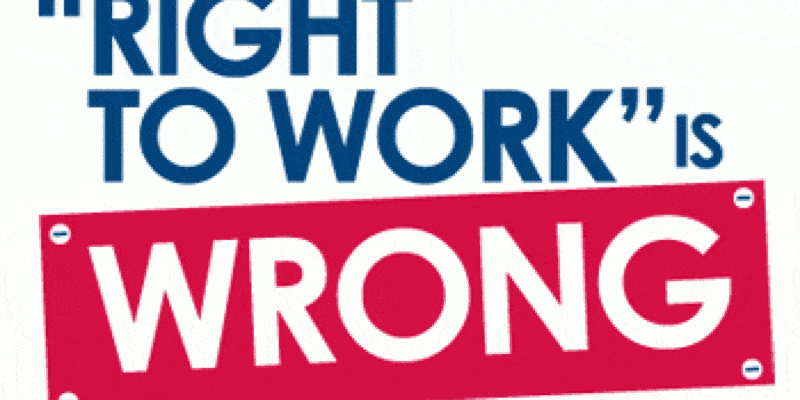The Detroit News | March 21, 2023
Beth LeBlanc & Craig Mauger
Lansing — The Democratic-led Michigan Legislature voted along party lines Tuesday on landmark legislation to restore prevailing wages for state construction projects and repeal the right-to-work law that barred union contracts from requiring membership fees as a condition of employment.
The Michigan Senate took a final vote on the bill to repeal the right-to-work law for private employers and sent the measure to Gov. Gretchen Whitmer’s desk on Tuesday afternoon. The Senate passed the bill 20-16 along party lines after the legislation cleared the House in a 56-52 party-line vote.
The House on Tuesday also approved two other labor bills in the package, one House bill that helps to require union-rate wages for public construction jobs and another bill that would repeal right-to-work for public sector employees.
The votes Tuesday were significant for the labor movement nationally, said Ron Bieber, president of the Michigan American Federation of Labor and Congress of Industrial Organizations (AFL-CIO).
“It’s a huge day for the working people of Michigan,” Bieber said.
Rep. Regina Weiss, the Oak Park Democrat who sponsored the public sector right-to-work repeal, said the final passage of the bills Tuesday delivered on changes promised by the new Democratic majorities when they took office in January. Weiss rejected arguments that the right-to-work repeal would hurt the state’s economy.
“To me, it’s not a choice,” Weiss said. “You don’t have to choose to support business and then also choose to screw over workers. You can support business, you can support workers at the same time.”
The legislation headed to Whitmer’s desk would allow union contracts to require workers to pay agency fees for the cost of representation at the bargaining table with their employer.






